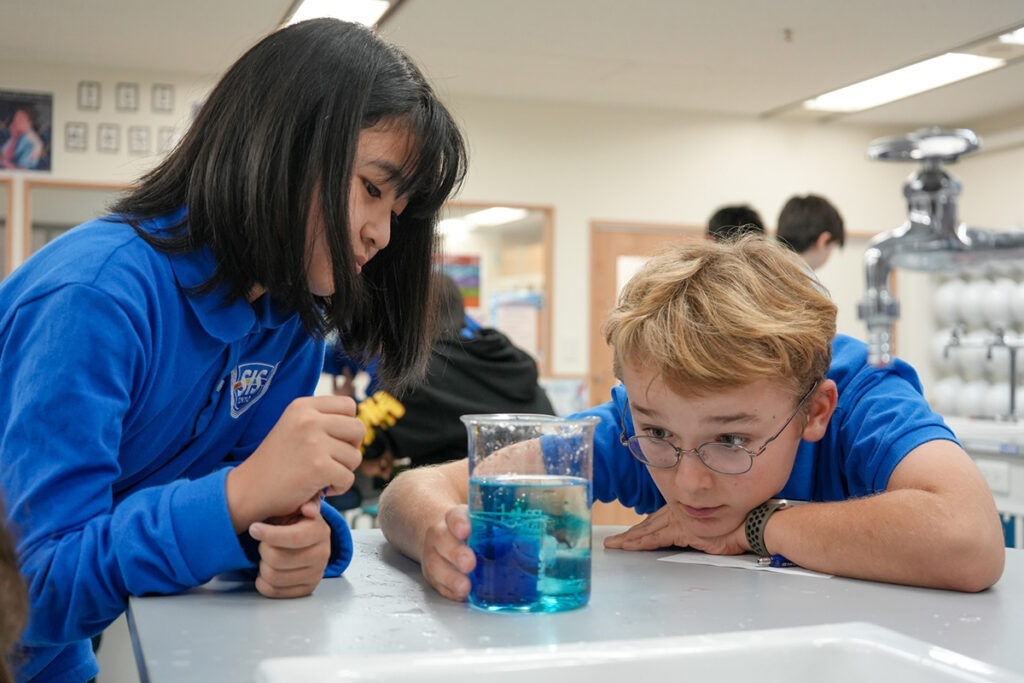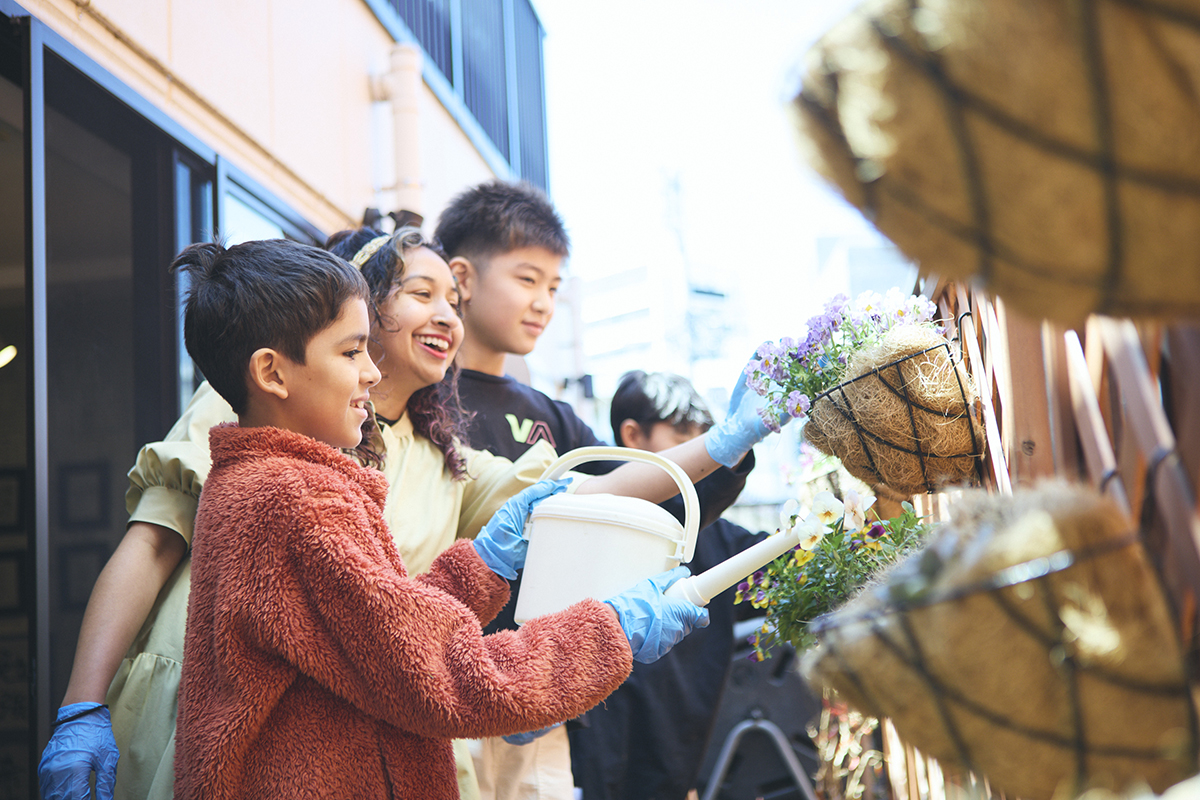Why Are International Schools Booming in Japan? A Guide for Parents
Amid Japan’s declining birthrate and a decrease in the overall number of students, there’s a surprising surge in the popularity of international schools. This trend is a reflection of a societal shift among both expatriate and Japanese families. Parents are increasingly seeking an education that prepares their children for a rapidly globalizing and interconnected world that’s moving beyond the traditional focus on rote memorization and high-stakes test scores.
What Is Causing the Shift in Parental Priorities?
The decision to choose an international school is a direct response to a fundamental re-evaluation of what parents now consider a “great education.” The focus has moved beyond mere academic achievement to a more well-rounded, “future-ready skill set.” Parents now recognize that skills essential for navigating an uncertain future—such as creativity, collaboration, resilience and adaptability—are just as crucial as a high GPA.
At Malvern College Tokyo (MCT), academic excellence is not the exception but the everyday norm. Yet, MCT recognises that pupils and their families also seek a rich and varied array of opportunities beyond the classroom. MCT Headmaster Ewan McCallum says: “It is precisely this breadth of experience that draws families to Malvern: exposure to the arts, sport and academic enrichment activities, all framed through a clear set of values and the Malvern Qualities that define what it means to be a Malvernian.”
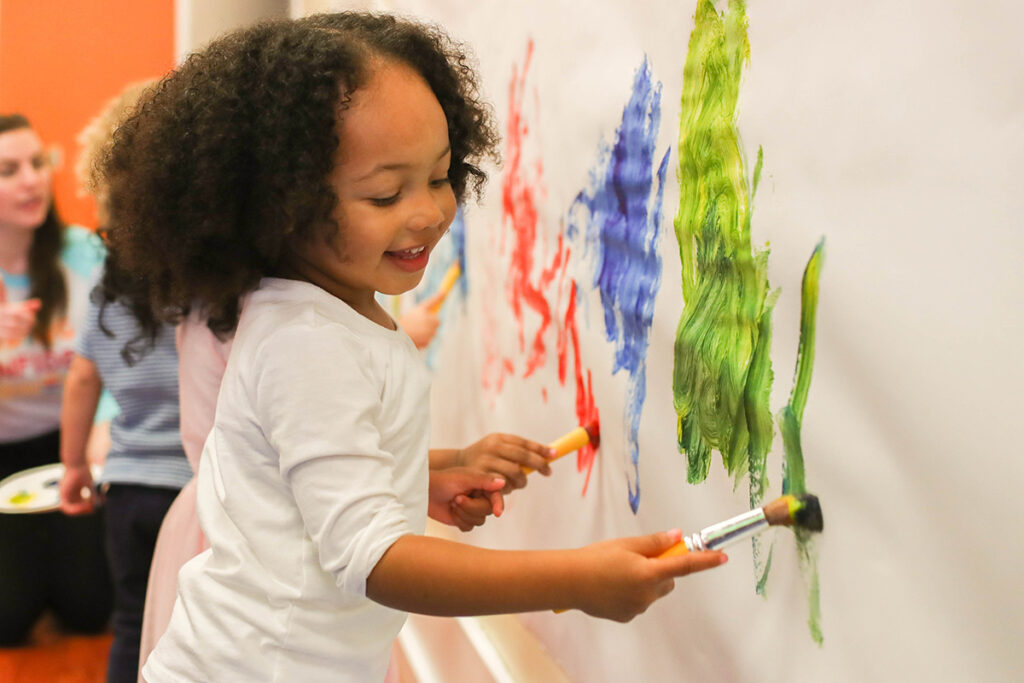
For many Japanese families, a major factor is the need for English proficiency and global skills. An immersive English environment is seen as the ideal way to achieve this, especially since university admissions in Japan are increasingly rewarding strong communication abilities.
- Valuing Skills Over Academic Achievement: The focus has shifted from academic achievement to a more well-rounded approach that includes social-emotional growth, creativity and critical thinking. Schools such as The British School in Tokyo and Rugby School Japan emphasize this “whole person” ethos. As Anna Iveson, Director of Marketing & Admissions at Rugby, puts it, “Many now look beyond academic excellence to a more rounded idea of development. This is often found in international schools where inquiry-based learning is the default. Pupils learn to ask thoughtful questions, think critically, and solve complex problems, traits valued by employers and universities.”
- Ownership of Education: Many schools embrace a personalized approach to learning. Dandelion Montessori School and The Innovation Fellowship (TIF) focus on individualized learning plans and projects that empower students to take ownership of their education. Mariko Maeda Juds, Director of Dandelion Montessori School, says, “Parents highly value schools that emphasize independence, problem-solving, and adaptability, as well as exposure to diverse cultures and language. Our home-like atmosphere, individualized learning plans, and mixed-age classroom foster confidence and curiosity from an early age.”
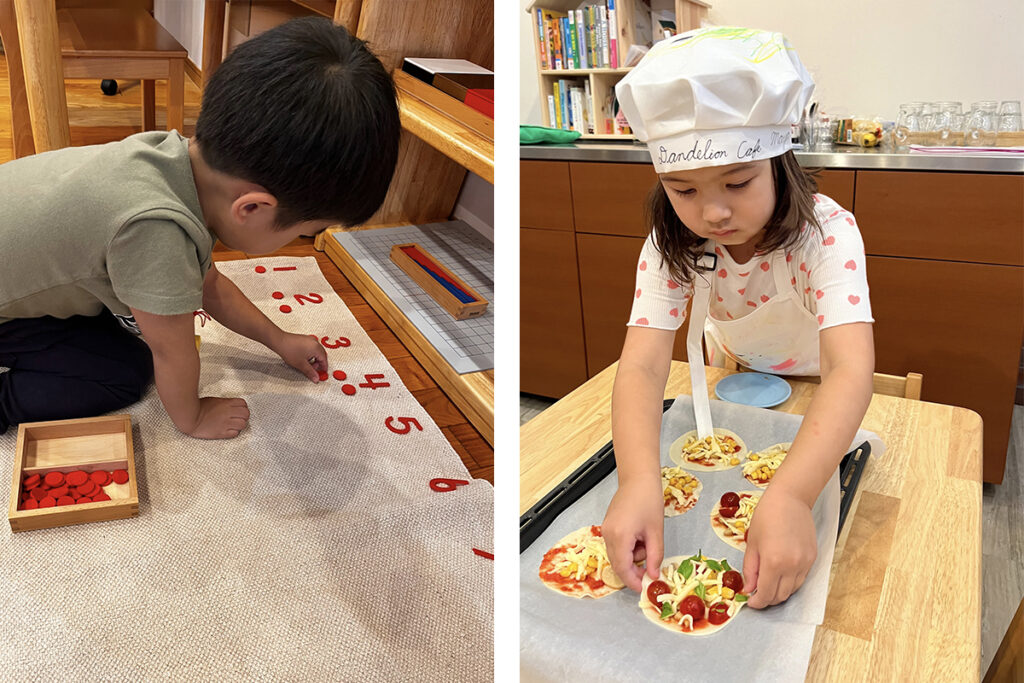
- Cultivating Global Perspectives: Parents want to cultivate global perspectives and intercultural understanding from an early age. Schools such as Aoba Japan International School and Shinagawa International School foster diverse, multicultural communities. Immersive environments are also highly valued, as Nicole Yamada, founder of Gymboree International School, says, “unique, play-based English learning makes language acquisition natural and enjoyable. This approach not only supports future academic success but also nurtures confidence, curiosity, and adaptability—qualities that give children a distinct advantage in today’s interconnected, global society.”
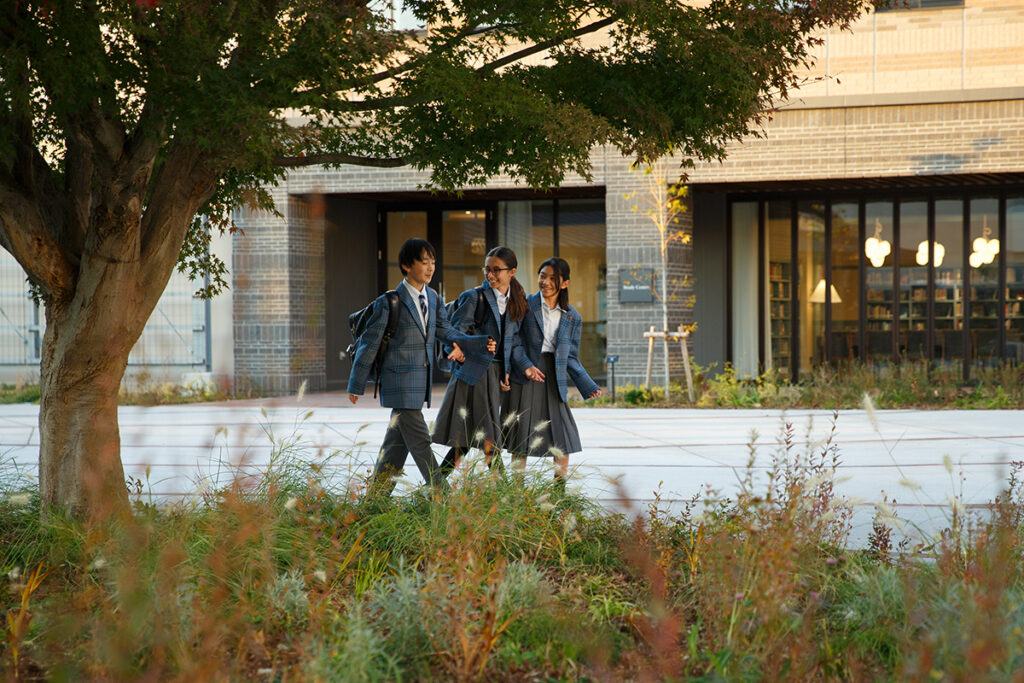
What Are the Advantages of Attending an International School in Japan?
International schools offer a distinct educational model that appeals to these new parental priorities. The advantages include:
- Holistic Development: These schools prioritize a comprehensive approach to growth that goes beyond academics to include social-emotional learning and critical thinking. For example, The British School in Tokyo offers a balance of academic excellence and creative opportunities through programs in music, art, sports and much more. Ping Liu, Marketing Manager at The British School, says a holistic education, “Combined with a distinctly international outlook, creates a learning environment that is both rigorous and inclusive. Families also value our vibrant community in central Tokyo, where children grow up developing resilience, character, and a global perspective that will serve them for life.”
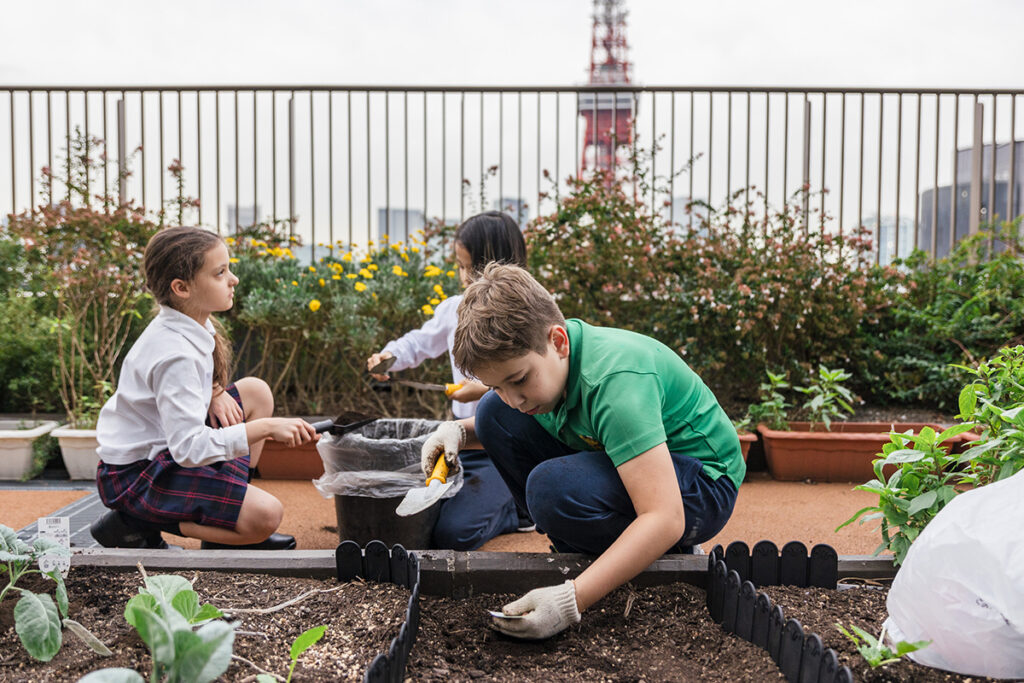
- Student-Centered Learning: Many of these institutions, such as Dandelion Montessori School and KA International School, embrace a personalized approach with individualized learning plans and close-knit, community-focused environments. This model gives children ownership of their education and makes learning more meaningful. Maha Sadi, School Director at KA International School, says, “Families want more than test scores; they want their children to become adaptable, thoughtful, and confident individuals. Our small, student-centered environment combines rigorous academics with innovative teaching and a strong sense of community, helping students thrive both in Japan and on international pathways.”
- Imperative for English Proficiency: These schools prepare students for a global workforce by fostering English proficiency and intercultural understanding. Shelley Sacks, founder of Ohana International School, believes “proficiency in English unlocks global opportunities, and an immersive environment is ideal for achieving it. Students also benefit from a diverse community, building empathy and a worldwide network.” Additionally, some, such as Kikokushijo Academy (KA), have a strong track record of helping students pass entrance exams to competitive Japanese schools.
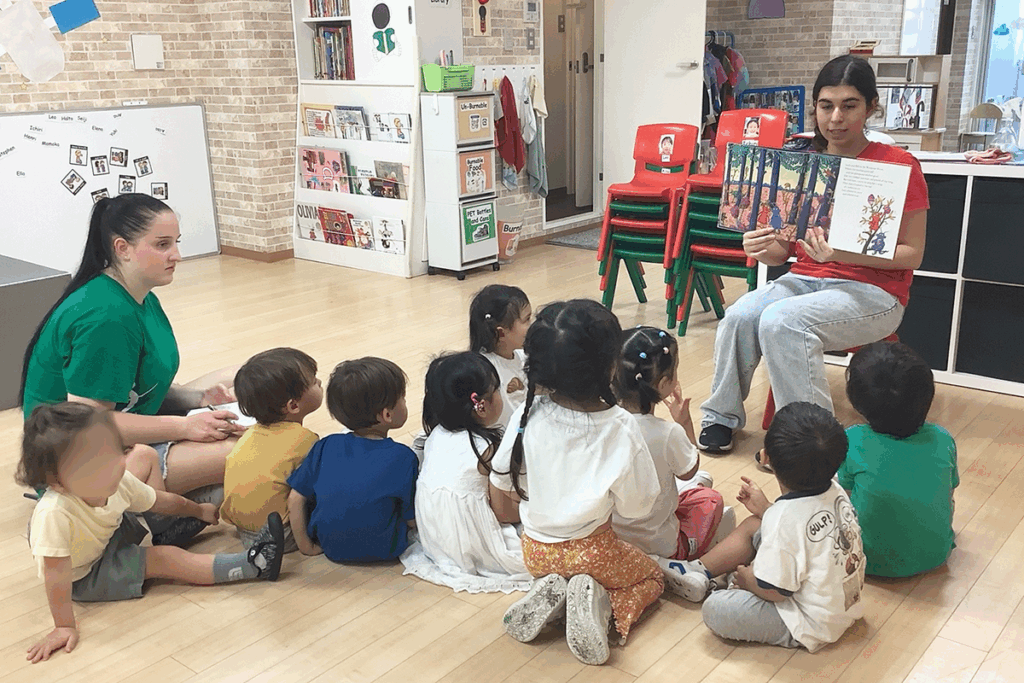
Making a Global Choice for Your Child’s Future
The boom in international schools reflects a profound shift in what it means to prepare a child for a rapidly changing world. Parents in Japan are increasingly valuing a well-rounded education that prioritizes critical thinking, collaboration and English proficiency alongside academic rigor. If you’re a parent considering this educational path, exploring specific schools and their unique philosophies is the next logical step.
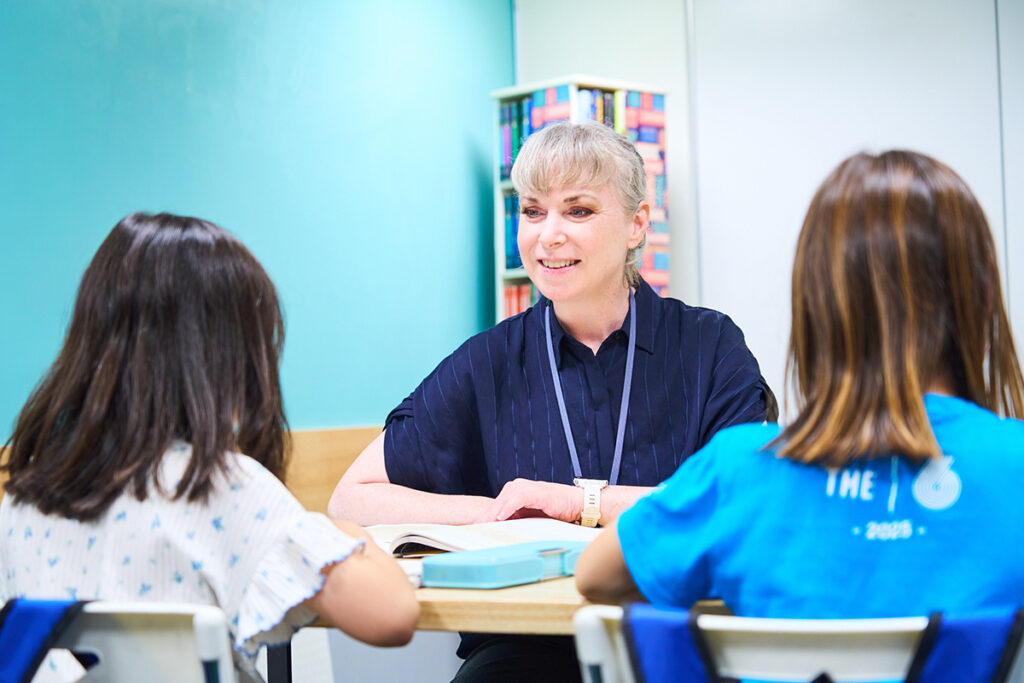
FAQ
What is the difference between a traditional Japanese school and an international school?
The traditional Japanese model is often perceived as rigid, focusing on rote memorization and high-stakes test scores. International schools are celebrated for their forward-thinking curricula, English proficiency programs, and an emphasis on holistic and personalized development.
Are international schools only for expatriate families?
No. While traditionally catering to expatriates, international schools are increasingly popular among Japanese families who recognize the imperative for English proficiency and global skills for their children’s future.
How do international schools foster global understanding?
Schools such as Ohana International School and Shinagawa International School actively foster diverse, multicultural communities where students can build empathy and a worldwide network. This is particularly appealing in a world where workforces are becoming more mobile.
